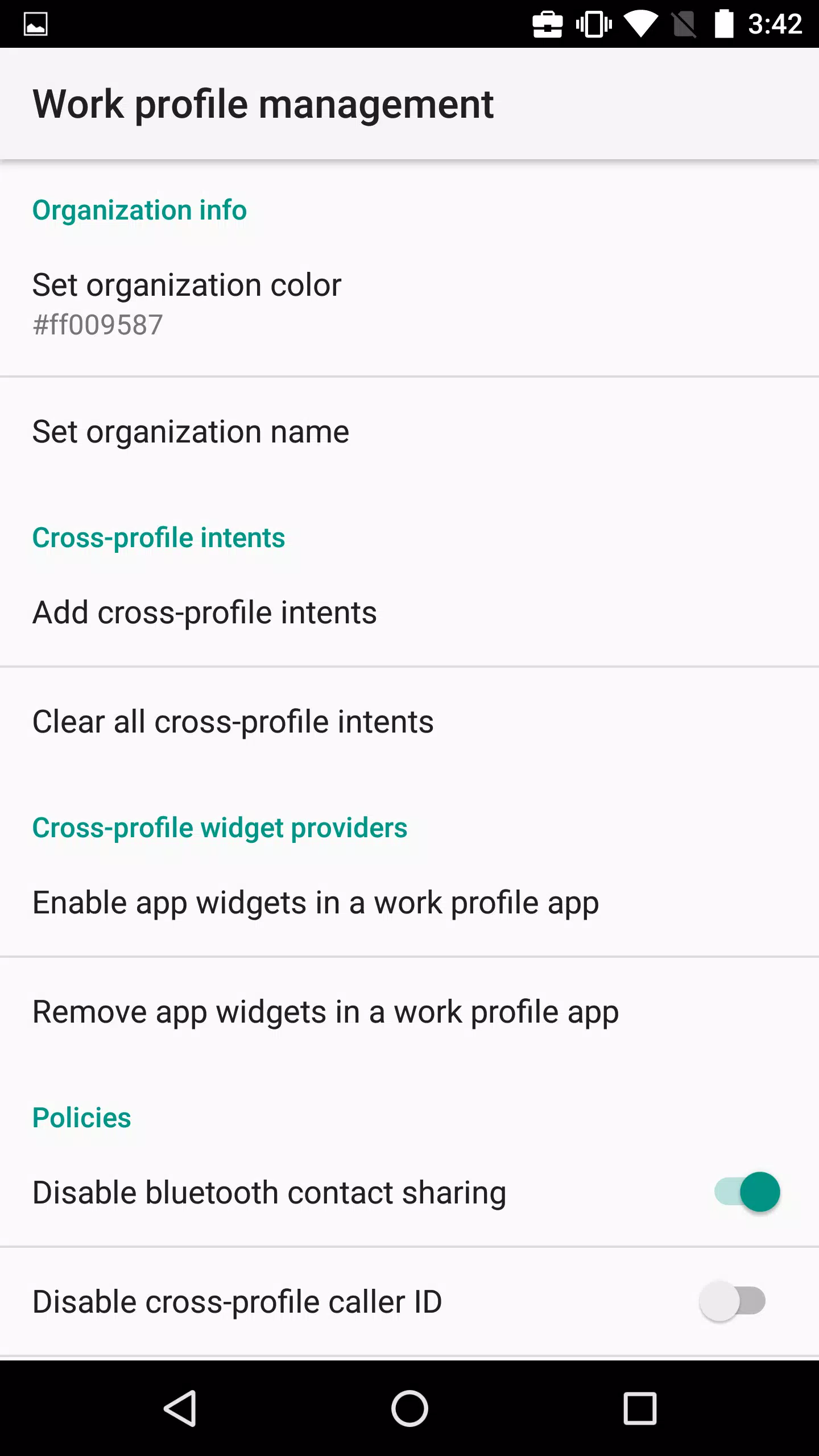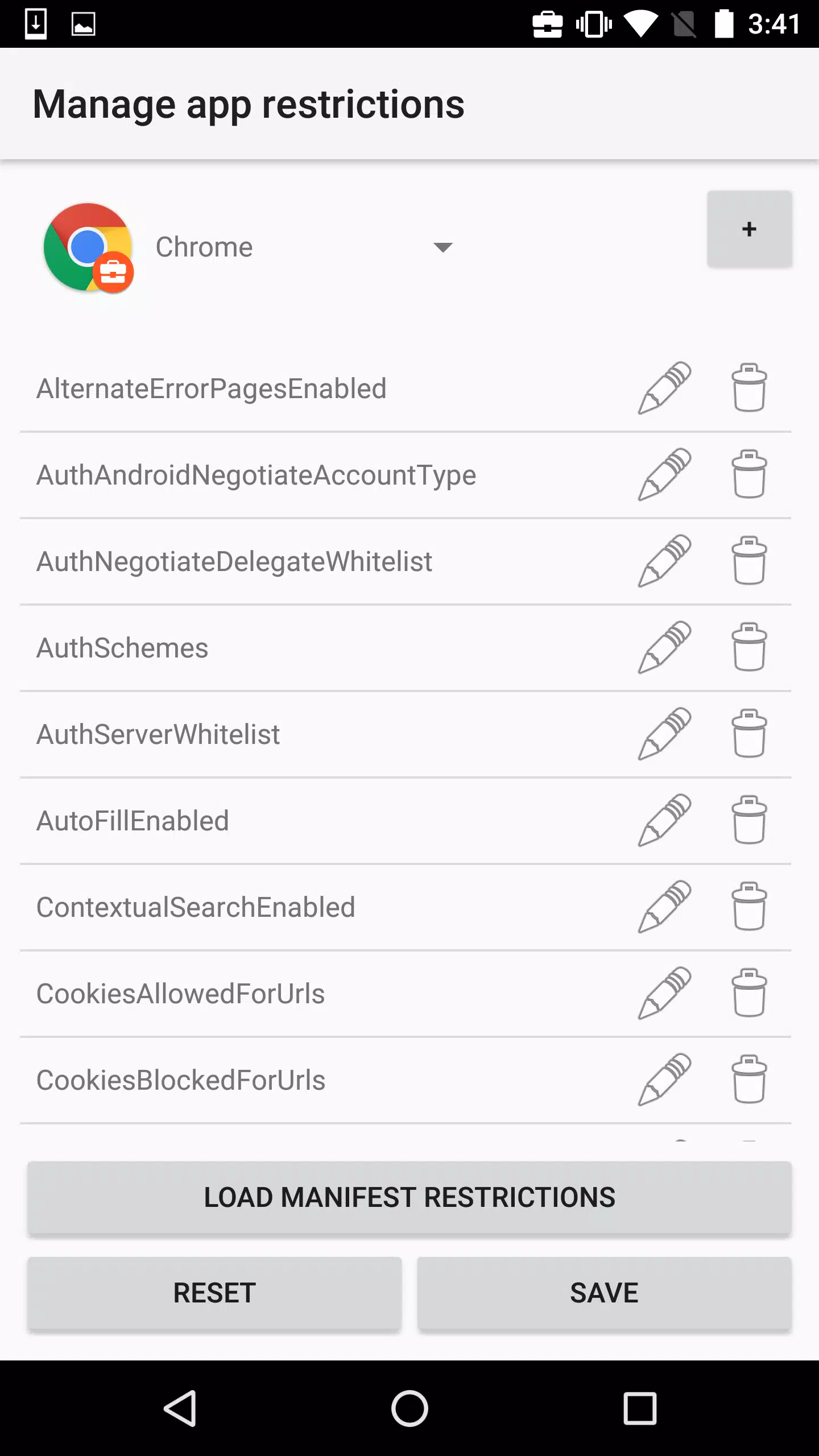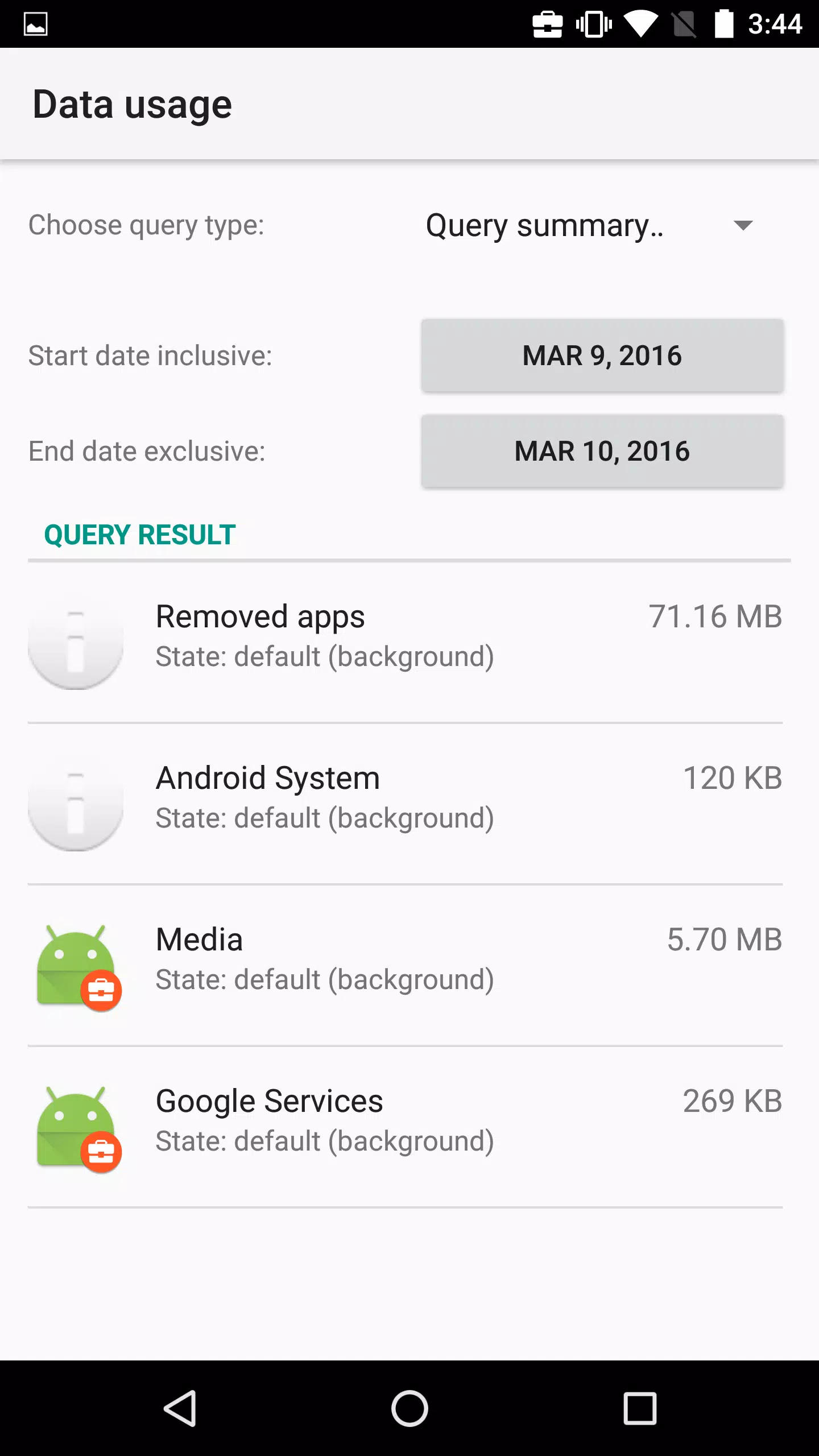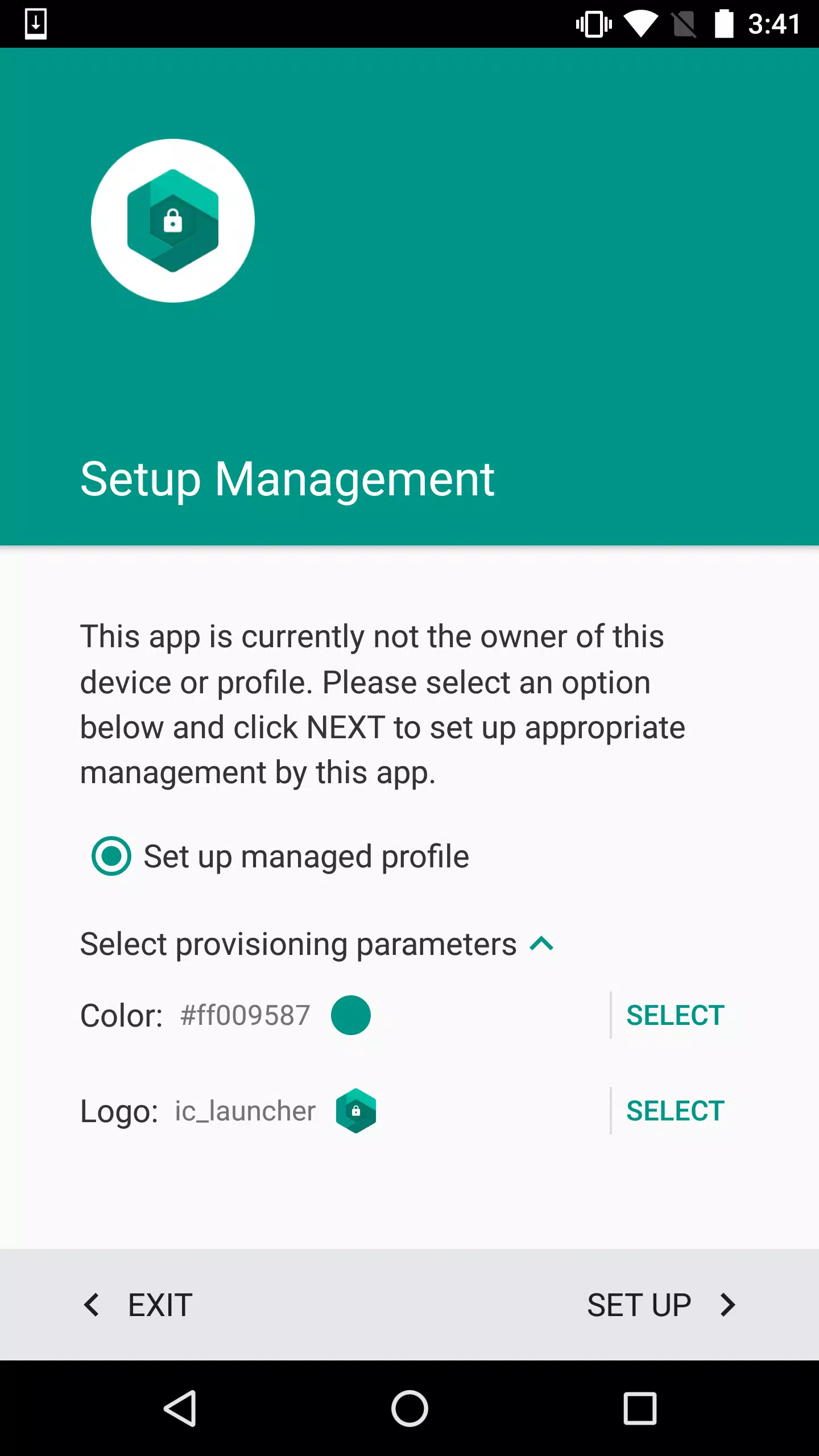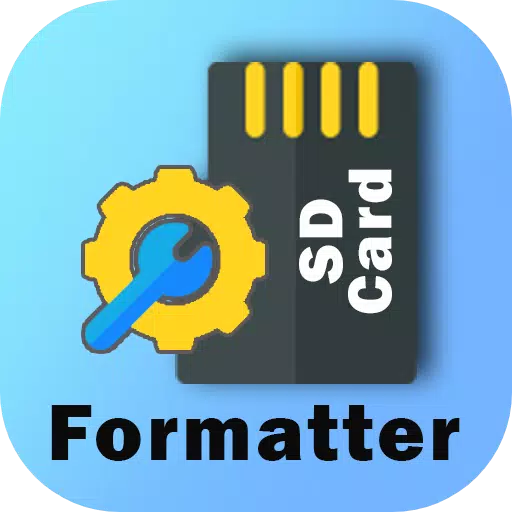Test DPC, crafted by Sample Developer, stands as a free Libraries & Demo application tailored for Android app developers. Serving as an indispensable tool, it enables developers to simulate diverse device and user policies, providing a controlled environment for testing their applications. This review will explore the core features of Test DPC, outline the necessary Android device specifications, and examine the recent updates.
Download Instructions
To obtain the Test DPC APK, head to [site_name], a trusted source for secure Android app downloads. Search for "Test DPC," download the APK file, and follow the on-screen prompts to install the app on your Android device.
Android Device Requirements
For peak performance and a seamless user experience, Test DPC mandates an Android device running version 5.0 or later.
Key Features of Test DPC
Policy Management: Test DPC empowers developers to establish and manage various policies for their applications. This encompasses enforcing app restrictions, handling permissions, and regulating data usage. By mimicking distinct policy environments, developers can confirm that their apps operate flawlessly across different devices and user profiles.
Device Administration: Utilizing Test DPC, developers can assess their applications’ device administration capabilities, such as remote wiping and device locking. This permits them to validate that their apps adhere to enterprise security standards and function appropriately under varied device management circumstances.
Profile Configuration: Test DPC facilitates the creation and customization of multiple user profiles, aiding developers in comprehending how their apps behave in differing user contexts. This functionality proves especially beneficial for developers crafting apps for enterprise settings, where numerous users may share a single device.
Sample Apps and Code: Test DPC offers sample apps and code examples that developers can leverage as a foundation for their projects. These samples provide valuable insights into optimal development practices and the implementation of device policy management features.
User-Friendly Interface: Test DPC boasts an intuitive interface that simplifies navigation and efficient use of the app. The app supplies an extensive suite of tools and resources to assist developers in testing and refining their applications for superior performance in various policy environments.
Recent Updates in Test DPC
The latest iteration of Test DPC introduces several enhancements aimed at enriching the developer experience. Key updates include:
Support for Latest Android APIs: Test DPC has been upgraded to align with the latest Android APIs, ensuring developers can evaluate their apps on the most recent Android platform versions.
Bug Fixes and Stability Enhancements: The new release resolves various bugs and stability concerns, guaranteeing the app functions smoothly on compatible Android devices.
Improved Documentation: Test DPC now features enhanced documentation, facilitating easier comprehension and effective utilization of the app’s functionalities. This includes thorough explanations of policy management, device administration, and profile configuration options.
Upgraded Sample Apps and Code: The latest version of Test DPC incorporates advancements in the sample apps and code examples within the app. These refinements provide developers with superior guidance on best practices and implementation strategies for their own projects.
UI Refinements: Test DPC’s user interface has been polished, delivering a more streamlined and user-friendly experience for developers.
In conclusion, Test DPC is an essential resource for Android app developers, offering a controlled setting to test apps under various device and user policies. Its extensive features, such as policy management, device administration, and profile configuration, render it a crucial asset for developers designing apps for enterprise environments. The recent updates, including compatibility with the latest Android APIs and improved documentation, amplify Test DPC’s value to developers.


